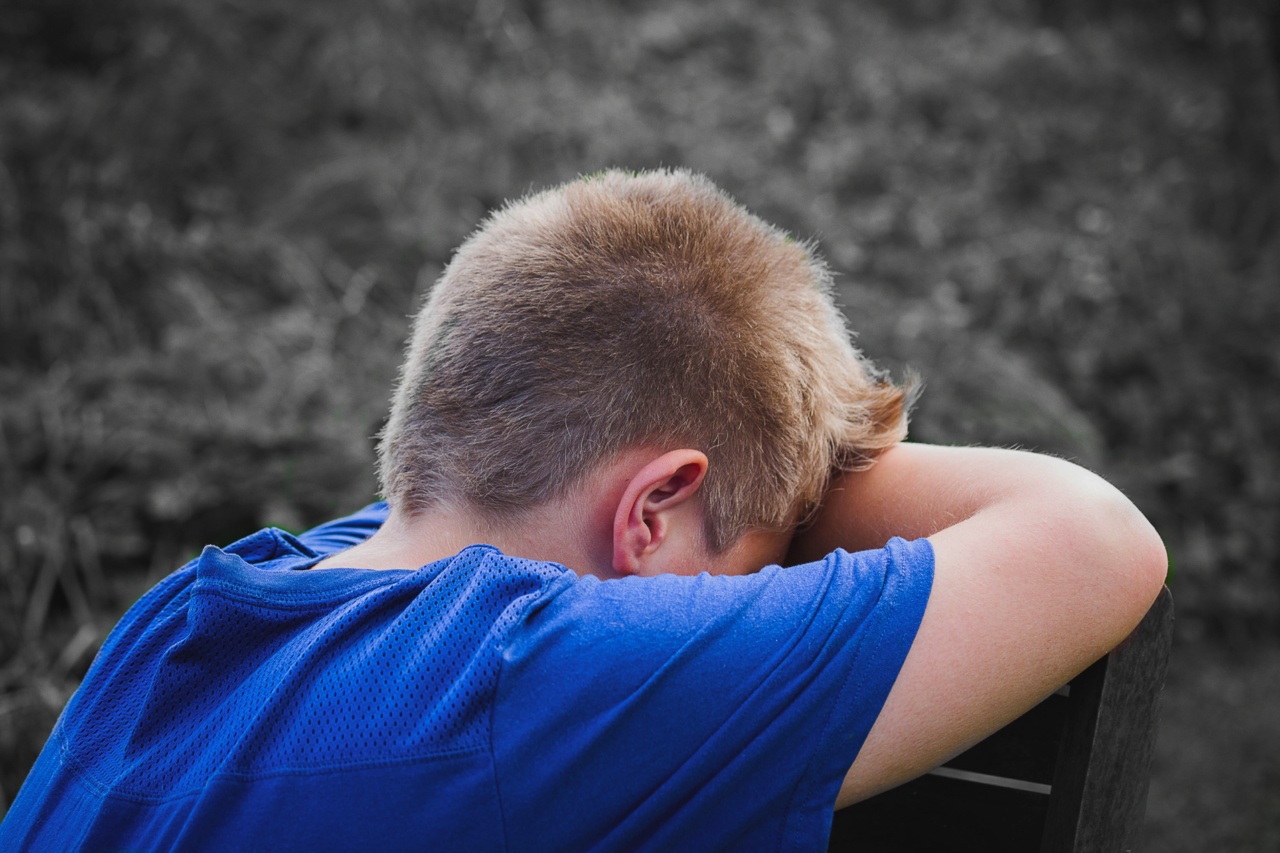Feeling down and out of sorts can happen to everyone at some point in their lives. It’s normal to feel sad or upset if you’ve been through a difficult time or have lost someone close to you.
However, when these feelings persist for weeks or months and start interfering with your daily life, they could be suggesting something more serious – depression.
What is Depression?
Depression is a mental health disorder characterized by a persistent feeling of sadness, hopelessness, and loss of interest in everyday activities.
It’s a common but serious illness that affects millions of people worldwide, and it can happen at any age. Depression interferes with daily life, making it hard for individuals to function normally.
Signs and Symptoms of Depression
Depression is a multifaceted and complex mental illness that can have different symptoms in different people. Additionally, its symptoms vary in severity and duration. The most common signs and symptoms of depression include:.
1. Prolonged feelings of sadness and hopelessness
People with depression often feel sad or empty over extended periods of time. This feeling of hopelessness can pervade all other thoughts and dominate their minds, making them unable to see anything positive in their daily lives.
2. Loss of interest in everyday activities
The joy they once found in their hobbies or social activities is gone now, leading them to avoid them altogether. They have little or no interest in seeing friends or even participating in events they once loved.
3. Changes in Sleeping Pattern
It’s not uncommon for a person with depression to experience a significant change in their sleeping pattern. Either they find themselves sleeping a lot, or they find it difficult to sleep.
Additionally, they may find themselves unable to leave their bed and unable to stay asleep.
4. Appetite and Weight Changes
A person with depression may experience changes in appetite, either eating a lot more than usual or eating significantly less. Additionally, their weight may change as a result of their eating habit.
They may also find themselves craving specific foods that they didn’t before.
5. An overwhelming sense of guilt or shame
Individuals with depression may feel guilty about things they don’t need to, leading to low self-esteem and self-worth. They may end up isolating themselves, afraid of people finding out about their perceived inadequacies.
6. Unexplainable physical symptoms
Depression doesn’t manifest only as emotional or psychological symptoms – it can also show up in the body. Individuals with depression may have physical symptoms that have no medical explanation.
These may include headaches, digestive problems, frequent colds, and body aches.
Conclusion
If you think you have depression, it’s essential to speak to a mental health care professional. Remember, depression is an illness, and as with any illness, requires treatment to heal.
There are different treatment options available depending on the severity of the illness. Treatment options may include talk therapy, medication, or a combination of both.






























